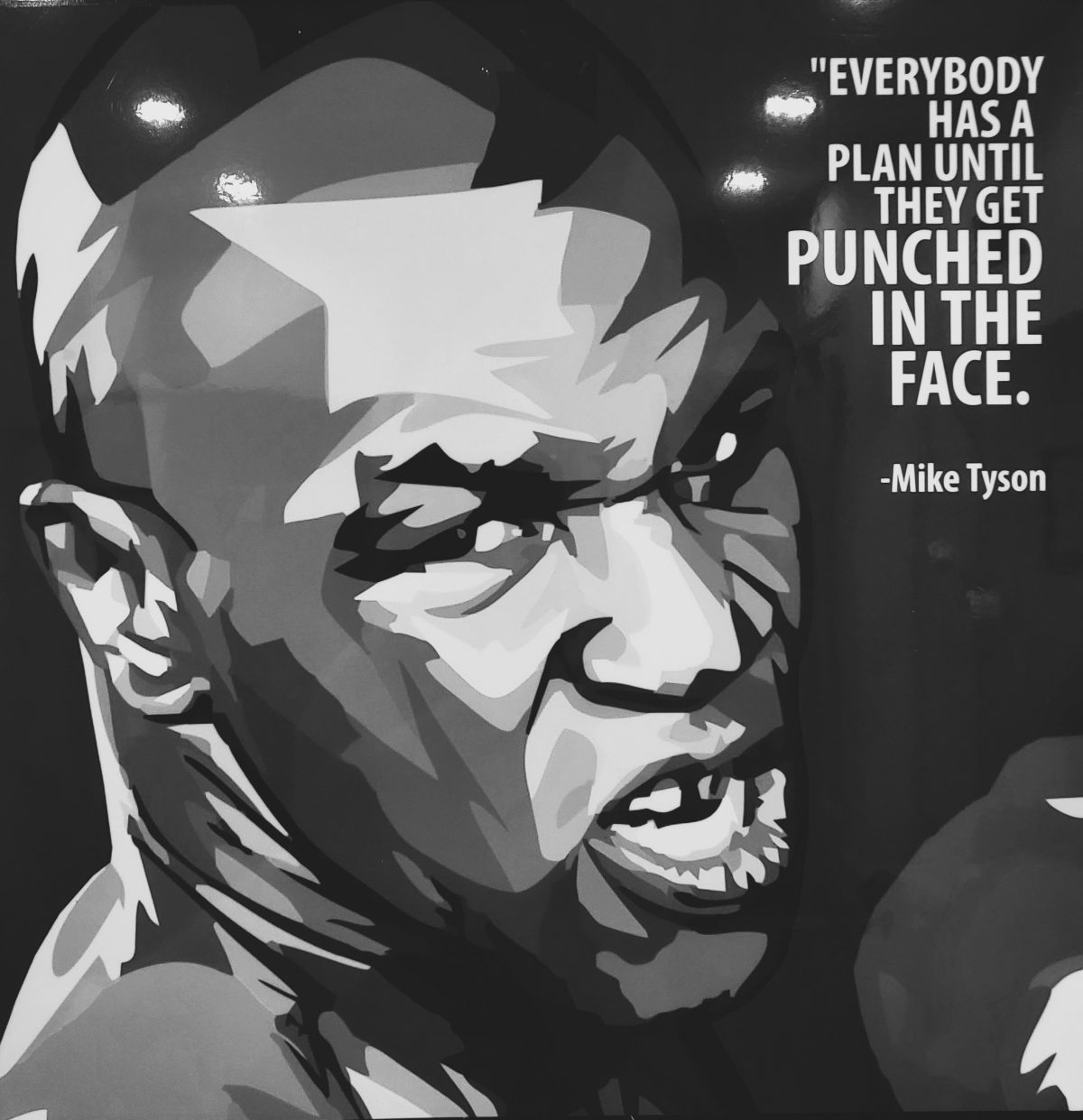As a tech exec, you may consider an MBA to enhance your resume and leadership standing among peers, and concerned if the MBA is still worth it. Aspiring tech execs may also view the MBA as a means to establish themselves and ease the path to tech leadership.
Does MBA still hold the same cachet as it did years ago?
If you’re considering an MBA, I wouldn’t discourage it. The education it offers is valuable for leaders and aspiring ones. Some companies still highly value this designation. Explore the impact it has had on those who have received it to judge if it’ll help you advance in your organization. If the value seems limited, it might not be worth the time and impact on family. However, if MBAs have benefited others in your company, it’s worth considering, especially if your tuition is covered.
Consider your level in the company and your career stage.
MBA returns can diminish at a certain point. Evaluate the benefits and your company’s emphasis on MBAs. Additionally, an MBA can add value if you’re interested in leadership beyond technology, such as COO or CEO roles.
If you’ve just graduated college and are considering an MBA, my advice is to begin your career at a company that offers education financing. Pursuing an MBA while still in college adds to the future financial burden. Many employers cover educational costs to develop their leaders. Research and explore the benefits offered by potential employers.
In summary, if you’re early in your career and in a company that values an MBA, go for it, especially if they’ll fund it. Adding to your resume is always beneficial when you have few obligations, like a family. The added value an MBA could bring down the line is unpredictable, as there are a lot of unknowns when you’re young.
Click here for a post on the top college computer science programs.





